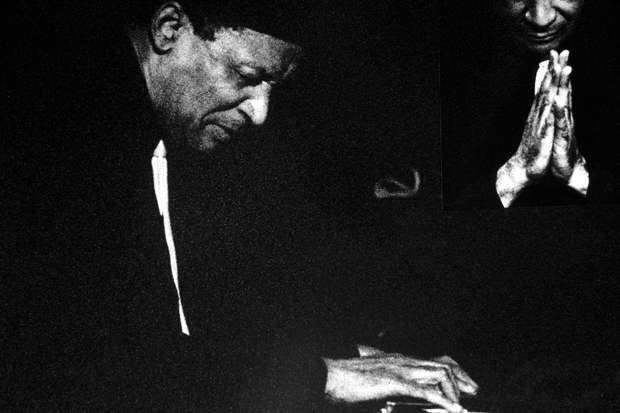This month marks the 40th anniversary of the release of Mannenberg, the seminal album by the Cape Townian jazz pianist Abdullah Ibrahim (formerly known as Dollar Brand).
Recorded against a backdrop of forced removals as the apartheid government evicted Coloured families from District Six, the title track was inspired by and named after the township of Manenberg, where many of those who had been displaced were resettled. An instant hit, the song swiftly became identified with the valiant struggle against apartheid.
Notable for the haunting tenor saxophone solo by Basil Coetzee, and with Robbie Jansen on alto sax and Monty Weber on drums, the 13-minute title track is threnodic, passionate and ethereally beautiful.
Like all great music, ‘Mannenberg’ is both specific and universal. Ostensibly an elegy for the forced removal of Coloured people to the wastelands of the Cape Flats, the song has also served as the voice of the oppressed, the marginalised and the poor throughout the world.
Today, it is still a beloved anthem of hope, resistance and resilience and a celebration of human dignity in the face of brutality and evil. We can also hear in those entrancing chords and ebullient Cape jazz rhythms a life-affirming joy and the desire to survive against all odds.
Nowadays, the township of Manenberg may be synonymous with poverty, crime and violence, but Mannenberg the album stands as a musical monument to both a sublime jazz genius and the intrinsic nobility and grandeur of the human spirit.
Got something to add? Join the discussion and comment below.
Get 10 issues for just $10
Subscribe to The Spectator Australia today for the next 10 magazine issues, plus full online access, for just $10.
You might disagree with half of it, but you’ll enjoy reading all of it. Try your first month for free, then just $2 a week for the remainder of your first year.














Comments
Don't miss out
Join the conversation with other Spectator Australia readers. Subscribe to leave a comment.
SUBSCRIBEAlready a subscriber? Log in